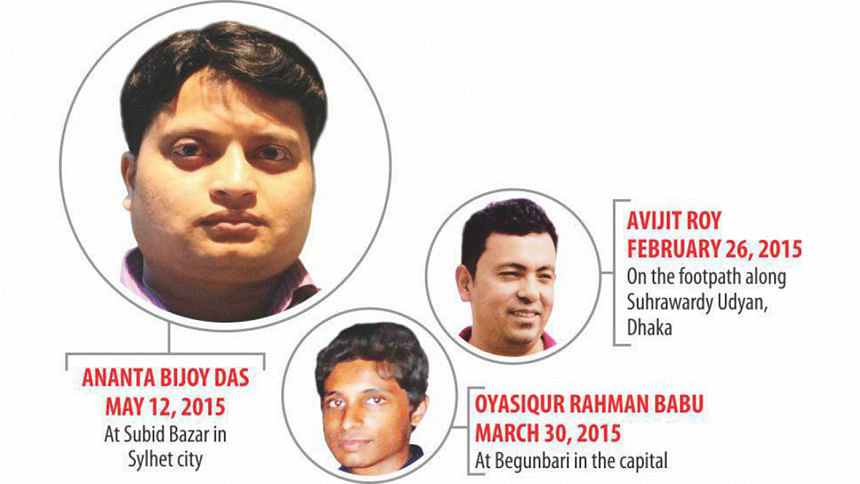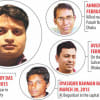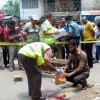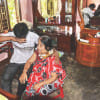UN experts condemn bloggers' killings

Condemning recent killings of bloggers in Bangladesh, UN human rights experts today warned that it was an alarming signal of deterioration of the space for freedom of expression.
In a statement issued from Geneva, United Nations Special Rapporteurs on freedom of expression, David Kaye, and on extrajudicial executions, Christof Heyns, called for a prompt and thorough investigation in the killings.
According to reports, Ananta Bijoy Das, who wrote for a website promoting "science, rationalism, secularism, freethinking, human rights, religious tolerance, and harmony amongst all people in the globe," was hacked to death in the city of Sylhet on Tuesday 12. In February, the blogger Avijit Roy was killed and his wife seriously injured in a similar attack while in Dhaka. A month later, another blogger, Oyasiqur Rahman, was also killed in the Bangladeshi capital, the statement reads.
The UN Special Rapporteurs called for a prompt and thorough investigation of these cases, stressing that "it is vital to ensure the identification of those responsible for these horrendous crimes, as well as those who may have masterminded the attacks."
"These recurrent murders are reprehensible in and of themselves, and they exert a chilling effect with impact far beyond the direct victims," noted Kaye. "Attacks against writers like Bijoy Das affect the society as a whole."
"Given the very public nature of these horrendous crimes targeting voices critical of extremism, it is very important that authorities publicly condemn the crimes and emphasize the importance of free speech online and offline," he added.
States are under the obligations to provide, through judicial or other means, effective protection of individuals and groups who may be subject to extra-legal, arbitrary or summary executions, Heyns noted.
The Special Rapporteurs urged the Bangladeshi authorities to consider specific initiatives to prevent the recurrence of attacks against writers and activists. This should include not only the provision of particular physical protections to those who are potential targets for violence, but also open public debate challenging extremist views of all kinds.

 For all latest news, follow The Daily Star's Google News channel.
For all latest news, follow The Daily Star's Google News channel. 






Comments